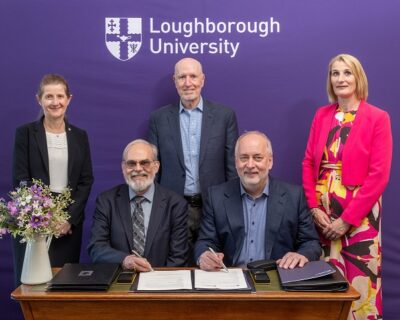A new report, published this week has raised concerns about the accessibility and reach of net zero business support schemes available in England.
The less than 1% Club report, co-produced by the Enterprise Research Centre (ERC) and the Federation of Small Business (FSB) presents the findings of a study the ERC undertook earlier in the year. The research identified a total of 282 net zero support programmes offering 719 interventions, encompassing various types of support, such as grants, audits, mentoring, and more.
Overall, it found the net zero support landscape to be a fragmented ecosystem with multiple initiatives operating independently of each other with no clear centralisation and coordination.
Although programmes exist in all regions, concerns remain about accessibility and reach, according to the analysis. The number of recipients of support comprise less than 1% of the total SME population, and funding for programmes primarily relies on statutory sources, with local authorities, Universities and the European Regional Development Fund (ERDF) playing significant roles. The future availability of funds, including from the UK Shared Prosperity Fund, may impact the continuation of programmes, it added.
The research found that alongside the South West and the North East, the West Midlands had more net zero programmes per SME compared to other areas. Grants and one-to-one advice were offered in around one-third of programmes and funding was most frequently provided by local authorities.
Meanwhile, it also stated that the East Midlands had a below average number of net zero interventions compared to the number of businesses in the area. It did note however that the high level of participation of universities stands out as the main source of interventions in the region providing six projects, compared to two in the private sector.
The report concluded that a “comprehensive and coordinated approach involving policy frameworks, financial incentives, and robust support mechanisms that empower businesses of all sizes to embrace the transition to a low-carbon future” was needed to ensure a more equitable spread of net zero support nationwide.
You can read the full report here https://bit.ly/45cu0gC



